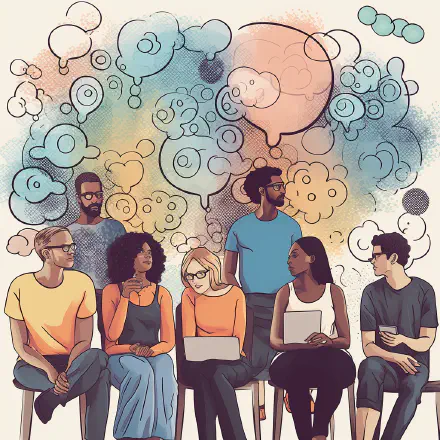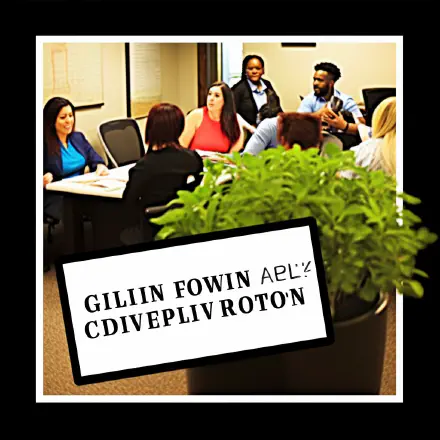
As we navigate through life, we encounter various challenges and problems that require us to think critically and make informed decisions. Critical thinking is a cognitive skill that involves analyzing, evaluating, and synthesizing information to form logical and reasoned judgments. It is a crucial skill for personal and professional success, as it enables us to make sound decisions, solve complex problems, and communicate effectively. In this article, we will explore strategies for developing critical thinking skills and why it’s important to cultivate this skill.
Why is Critical Thinking Important?
Critical thinking is a valuable skill in all aspects of life, from personal relationships to professional careers. It helps us to approach problems with a clear and objective mindset, evaluate evidence and arguments logically, and make informed decisions. In today’s world, where information is readily available and constantly changing, critical thinking skills are essential for success. The ability to think critically enables us to navigate complex issues, evaluate sources of information, and make sound judgments based on evidence.
Strategies for Developing Critical Thinking Skills
-
Analyze Information: The first step in developing critical thinking skills is to learn how to analyze information effectively. This involves breaking down complex information into smaller parts and evaluating each component critically. By doing so, we can identify biases, assumptions, and gaps in the information presented and develop a more informed perspective.
-
Evaluate Arguments: Critical thinking involves evaluating arguments and claims made by others to determine their validity and credibility. This requires us to assess the evidence presented, identify any flaws in the argument, and consider alternative viewpoints.
-
Practice Problem Solving: Problem-solving is an essential aspect of critical thinking. It involves identifying a problem, analyzing the situation, and developing a solution that is both effective and efficient. By practicing problem-solving skills, we can develop our critical thinking abilities and learn how to apply them in various contexts.
-
Seek Out Diverse Perspectives: Critical thinking involves considering multiple viewpoints and perspectives. By seeking out diverse opinions and ideas, we can broaden our understanding of complex issues and develop a more nuanced perspective.
-
Reflect on Your Thinking: To develop critical thinking skills, it’s essential to reflect on our own thinking processes. This involves examining our biases, assumptions, and logical fallacies, and identifying areas for improvement.
Conclusion
Developing critical thinking skills is essential for personal and professional success. It enables us to approach problems with a clear and objective mindset, evaluate evidence and arguments logically, and make informed decisions. By analyzing information, evaluating arguments, practicing problem-solving, seeking out diverse perspectives, and reflecting on our thinking, we can develop our critical thinking abilities and become more effective problem solvers and decision-makers.

